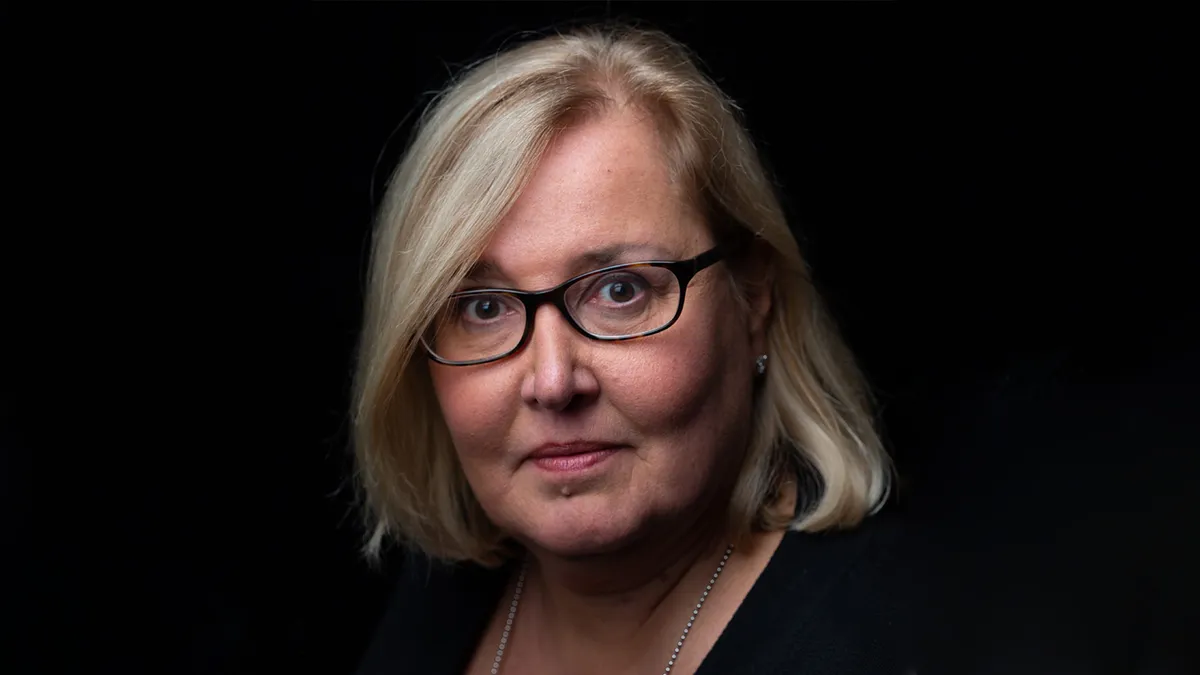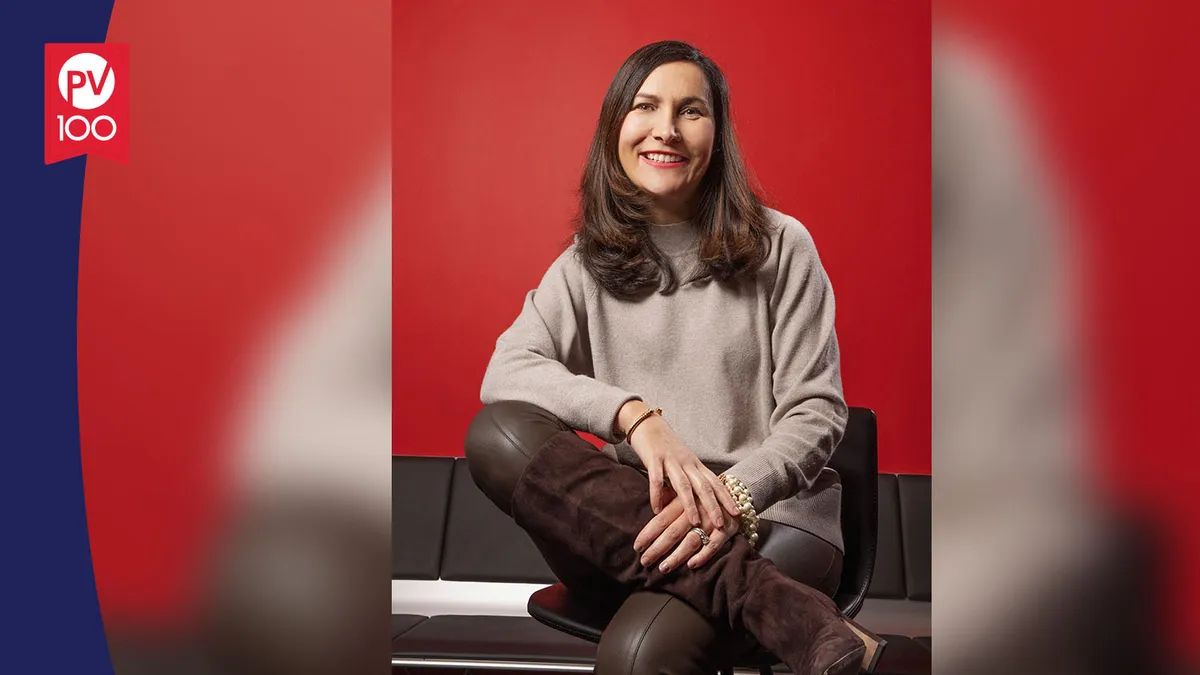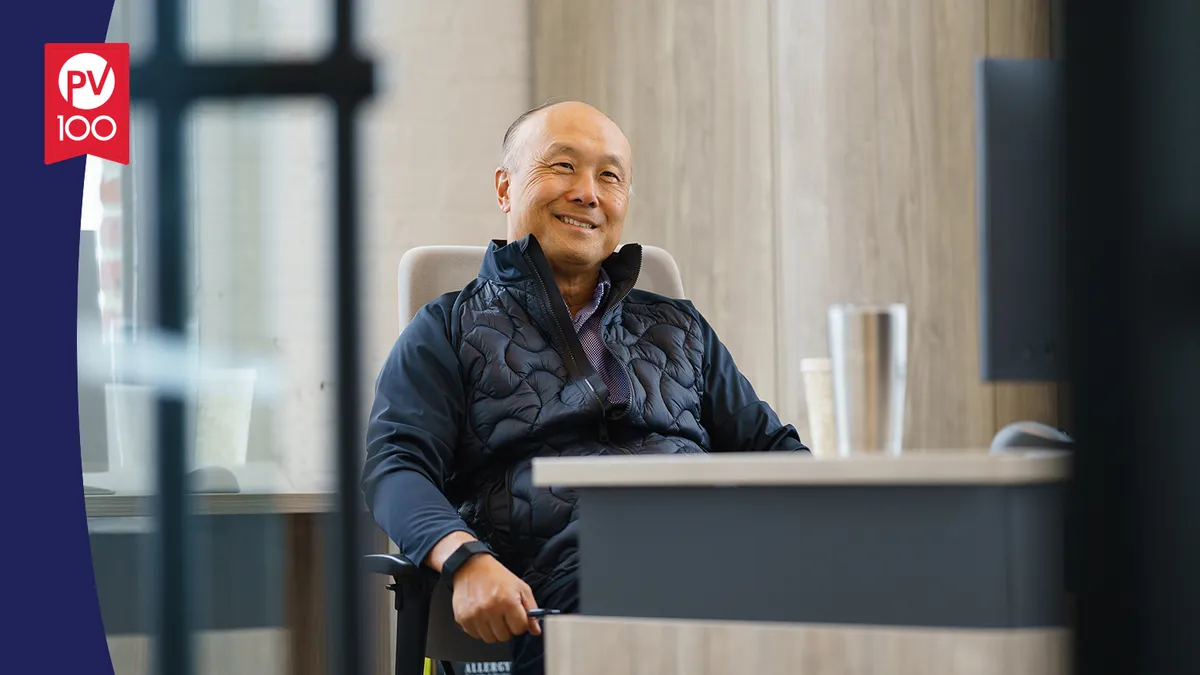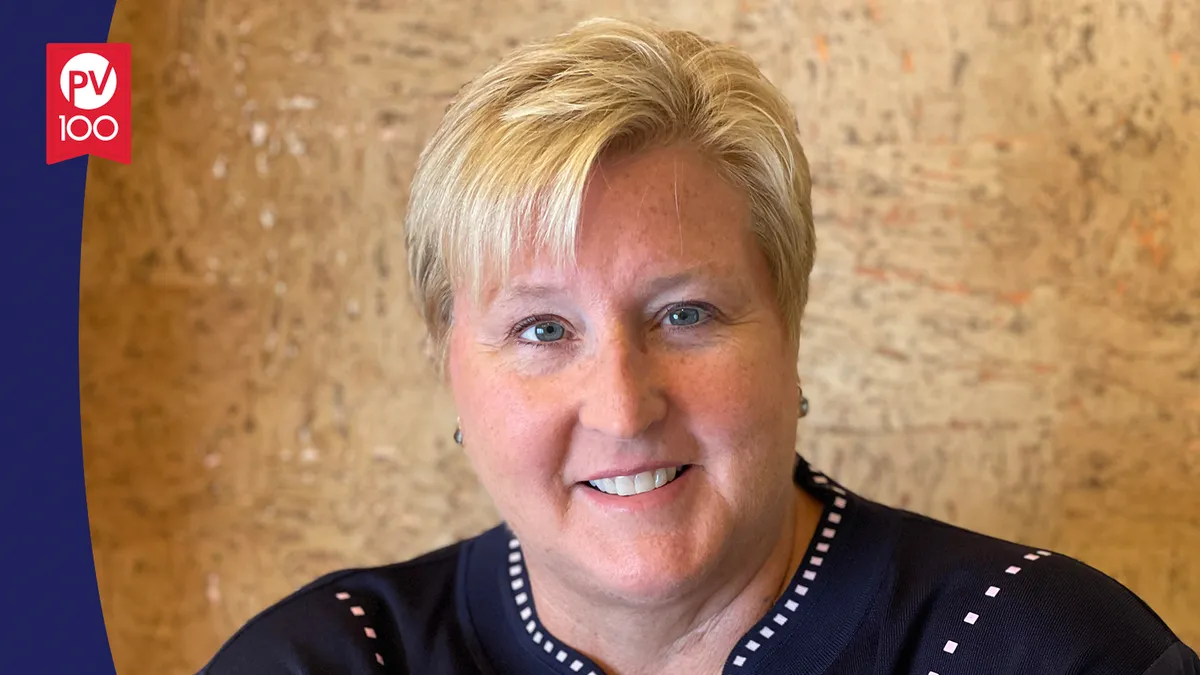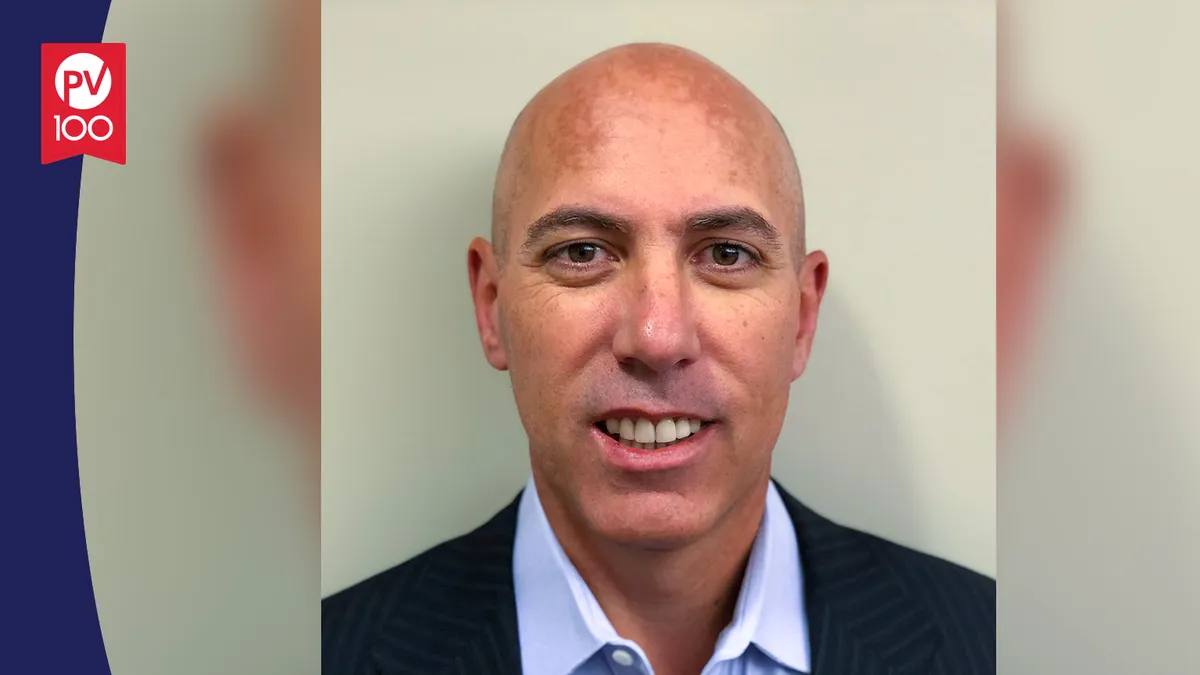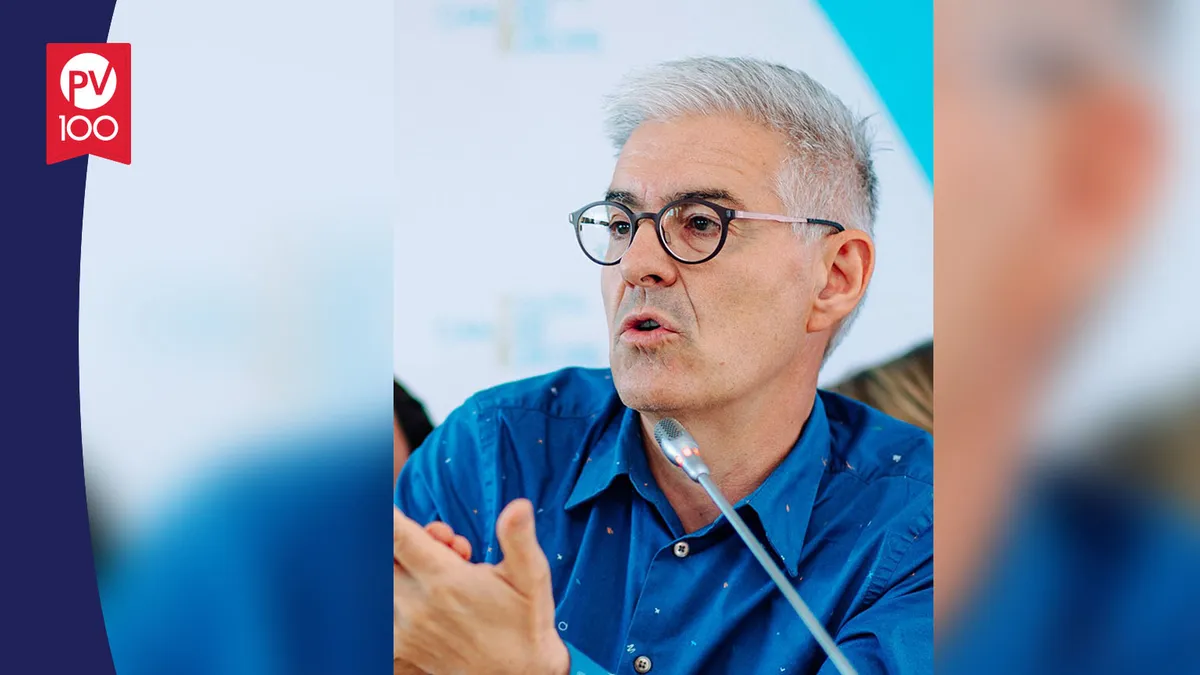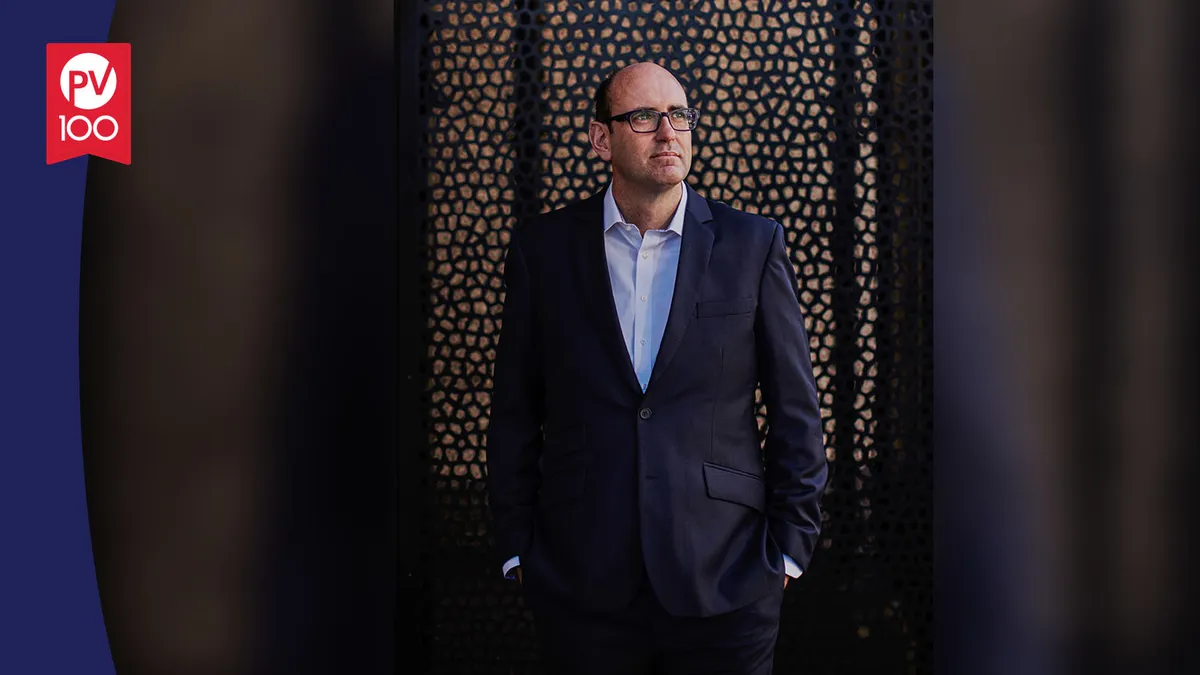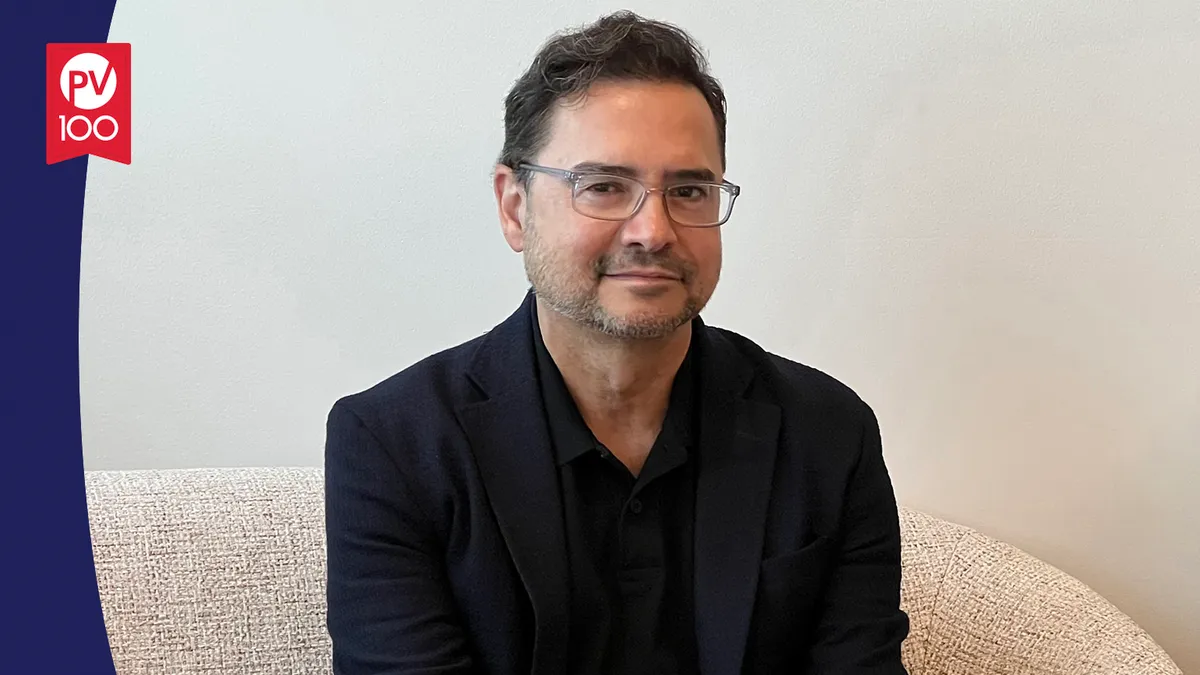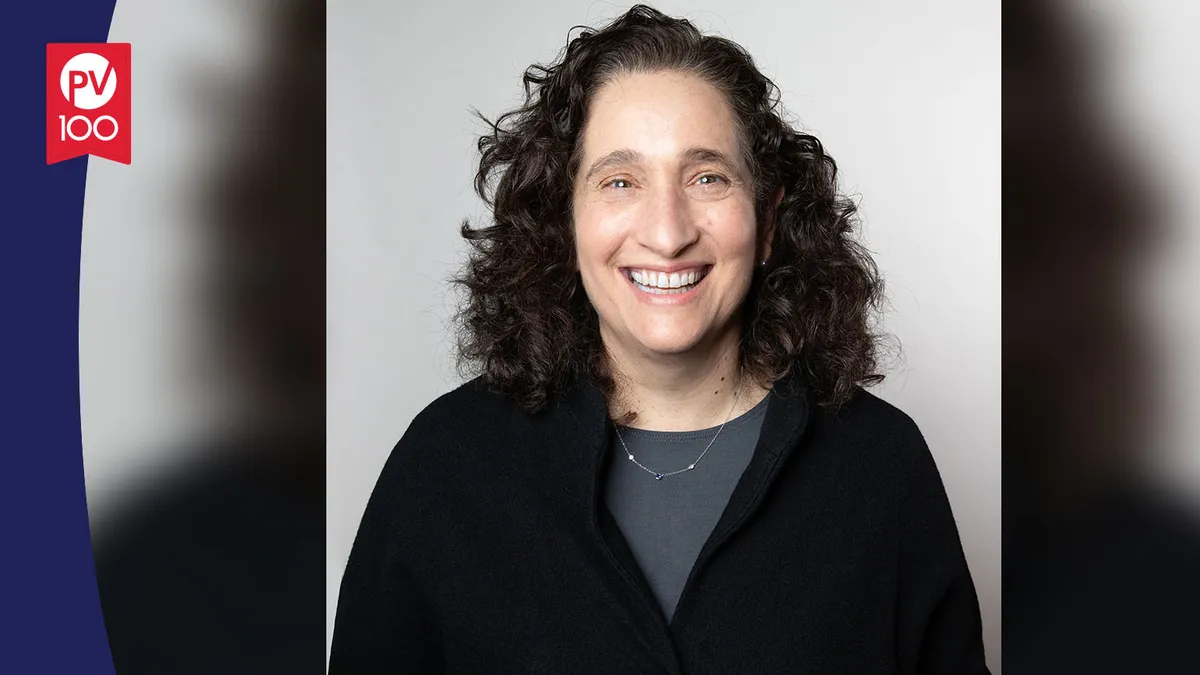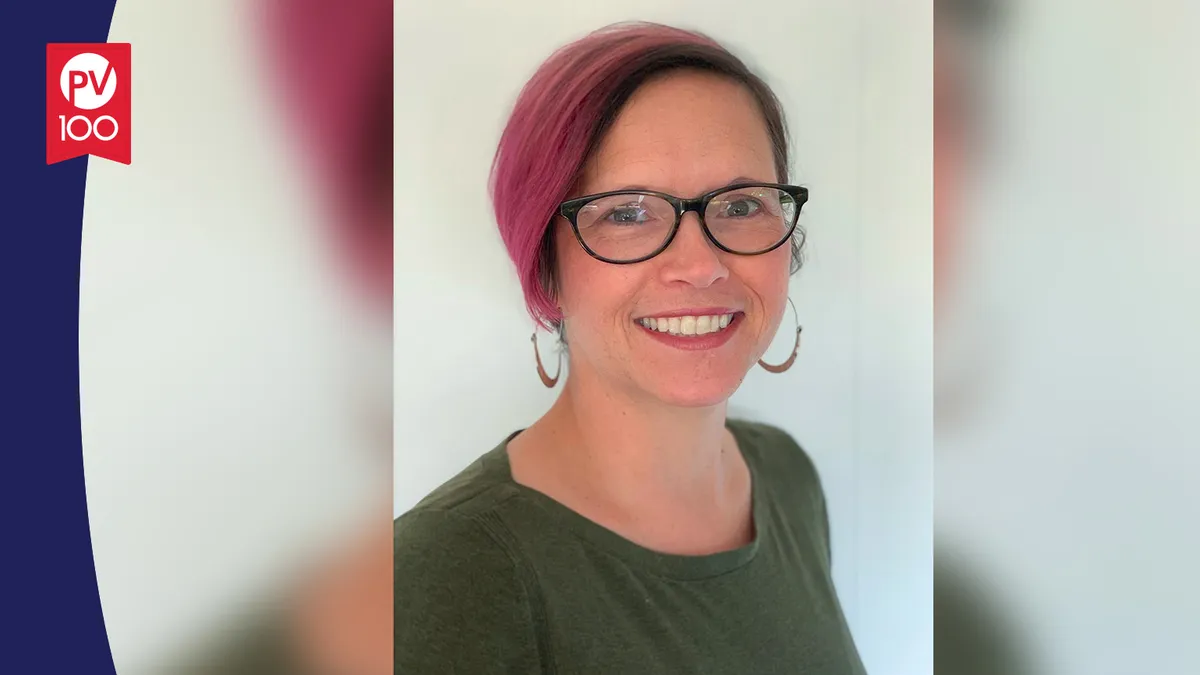Editor’s note: This story is part of our 2022 PharmaVoice 100 feature.
Clincierge’s impact on diversity and inclusion shouldn’t only be measured on its work within the pharma industry — although it has plenty to boast about in that arena. As a clinical trials patient logistics management company, Clincierge has supported more than 300 studies in over 40 countries operating in more than 25 languages.
Part of this success goes back to the “visionary leadership” of Scott Gray, the company’s founder, president and CEO, a nominator says.
“Clincierge sets the bar as the gold standard in patient-centered clinical trial support in its pursuit to ensure that access to clinical trials is available to every patient in every corner of the globe, regardless of race, color, religion or socioeconomic status,” one of Gray’s nominators writes.
This focus on supporting different groups is also baked into the company’s advocacy aims outside the industry. According to one of Gray’s nominators, Clincierge is a “platinum member” of the National LGBT Chamber of Commerce, while Gray himself serves as a member of the Independence Business Alliance, which advocates for greater LGBTQ leadership in and around Philadelphia.
"My style of leadership is to be strong, but not rude; be kind, but not weak; be bold, but not bully; be thoughtful, but not lazy; be humble, but not timid; be proud, but not arrogant; have humor, but without folly."
Scott Gray
CEO, founder, president, Clincierge
His philanthropic work extends even further to his support of nonprofits benefiting HIV/AIDS patients and his ongoing donations and support of Valley Youth House, a group that supports “young people experiencing homelessness, housing insecurity and loss of family connections to achieve healthy and independent futures.”
“[Gray] is intelligent, engaging and kind,” a nominator says. “His dedication to helping others is remarkable.”
Back at the office, Gray has helped Clincierge earn a spot on Inc.’s 5000 list and become ranked as one of the fastest growing, privately owned companies in the U.S., as well as being named a Philadelphia 100 winner. Gray was recently named a Titan 100 Award recipient, all while providing individual clinical trial support to patients by managing the logistics of travel, lodging, transportation and faster reimbursement for out-of-pocket costs.
Here, Gray explains his leadership style and why shifting regulations are having a major impact on clinical trials.
PharmaVoice: What drew you to the life sciences industry?
Scott Gray: As a kid I always loved science and wanted to be a doctor, so I took all the pre-med courses in high school. However, the path changed, and I chose the hospitality business where life sciences companies have been primary customers for the past 40 years.
If you were a brand, what would it be?
Scotch Bunny — all the fire of a Scotch bonnet pepper, yet with the softness of bunny.
What keeps you up at night?
The ever-shifting global regulations, policies and politics restrict our ability to help people get to clinical research visits.
How would you describe your leadership style?
My style of leadership is to be strong, but not rude; be kind, but not weak; be bold, but not a bully; be thoughtful, but not lazy; be humble, but not timid; be proud, but not arrogant; have humor, but without folly.
What is your key piece of leadership advice?
Find organization development experts who can help you learn the processes used by successful companies, then apply those processes with unwavering discipline. And remember to inspect what you expect.
How are you paying your success forward?
Mentoring other business owners continues to provide satisfaction, along with 18 years as a volunteer and supporter for The SMART Ride in Florida and as a supporter and member of the board of directors for Valley Youth House in Pennsylvania. Also, the Clincierge Corporate Social Responsibility program enables employees to submit nonprofit funding requests that are paid by the company.
What is the single most important trend impacting your area of the industry?
Regulating agencies around the globe have increased expectations of research sponsors to demonstrate greater diversity among the people who volunteer their bodies for clinical trials to improve the outcomes of data quality and clinical relevance across broader genetic samples.








